Guide to building an emergency fund: Why it is needed, where should you invest?
In the dynamic world of personal finance, the need for a robust financial safety net has never been more evident. An emergency fund is a powerful shield against the unexpected, providing a crucial lifeline during turbulent times.
)
No one likes to think of the things that can go wrong in the future but what happens to your finances when you encounter an unforeseen expenditure? Maybe it's a health scare, maybe it’s a loss of income, or perhaps it is for a major life event. These events can dip deeply into your savings and can shake your future financial plans.
That’s why in the constantly changing landscape of financial planning, one pillar towers above the rest: the creation of a sturdy emergency fund. This fiscal buffer acts as a shield against the unexpected storms that can disrupt even the most well-structured financial plans, providing individuals with a crucial lifeline during times of crisis. An emergency fund is the unsung hero of financial preparedness, offering reassurance and peace of mind in times of turmoil.
By diligently constructing a fund capable of covering several months' essential living expenses, individuals build a safety net that cushions against unexpected challenges. Opting for secure and easily accessible investment avenues safeguard the fund's utility, ensuring a shield against whatever life throws your way. In a world where financial readiness is a virtue, an emergency fund stands strong as a bastion of fiscal resilience.
But creating an emergency fund can seem more complicated than it is.
Strategically Growing Your Emergency Fund
There are two important factors when you want to save up to create an emergency fund. The first million-dollar question is: how much should one set aside for an emergency fund? The second important question is more complicated: what assets to invest in?
Let’s answer the first question. Generally, financial professionals suggest that individuals should at least save up to three to six months' worth of essential living expenses. You should calculate all fundamental necessities like rent, utility bills, groceries, and essential loan payments. Try to err on the side of overestimation, as it would be better to save more than you need rather than save less than what you may require.
Now to the second question. The ideal financial instruments and assets to invest in are those that have a few critical characteristics. These include being relatively liquid and flexible while still offering safe returns. Ideally, you would also want to invest in assets and instruments with returns that at least match if not exceed the current inflation rate.
Here are prudent options to consider:
Savings Account: A classic choice offering immediate access to funds when needed the most. Savings Accounts offer highly liquid solutions and are highly safe as well. The Reserve Bank of India’s Deposit Insurance and Credit Guarantee Corporation (DICGC) secures and insures all savings deposits up to Rs 5 lakh in value. However, the safety and liquidity came at the expense of lower returns.
Fixed Deposits: A dependable avenue that marries stability with adaptability, empowering you to select the deposit term that aligns with your specific circumstances. Fixed deposits offer a secure and predictable option for growing your funds while maintaining the flexibility to tailor your investment horizon.
Liquid Funds: Within the realm of mutual funds, liquid funds emerge as a beacon of low-risk alternatives, characterised by swift redemption and elevated liquidity – a perfect fit for exigencies. These funds stand ready to serve during emergencies, striking an ideal balance between safety and accessibility.
Get Latest Business News, Stock Market Updates and Videos; Check your tax outgo through Income Tax Calculator and save money through our Personal Finance coverage. Check Business Breaking News Live on Zee Business Twitter and Facebook. Subscribe on YouTube.
RECOMMENDED STORIES
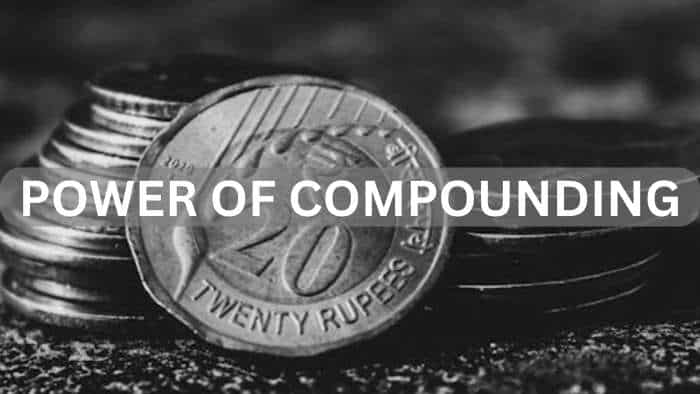
SIP Calculation at 12% Annualised Return: Rs 10,000 monthly SIP for 20 years, Rs 15,000 for 15 or Rs 20,000 for 10, which do you think works best?
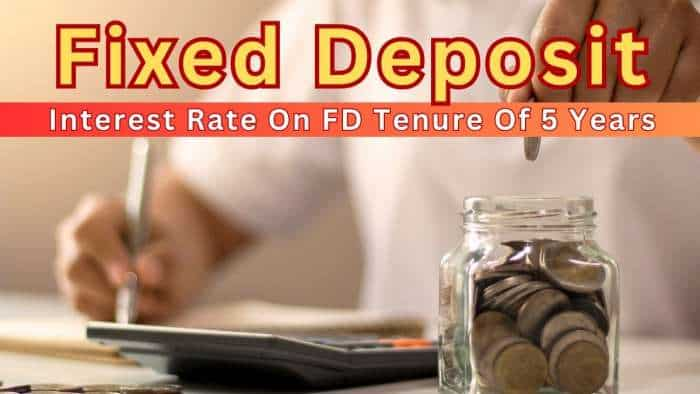
FD Rates for Rs 10 lakh investment: Compare SBI, PNB, HDFC, ICICI, and Post Office 5-year fixed deposit returns

LIC Saral Pension Plan: How much should you invest one time to get Rs 64,000 annual pension for life?
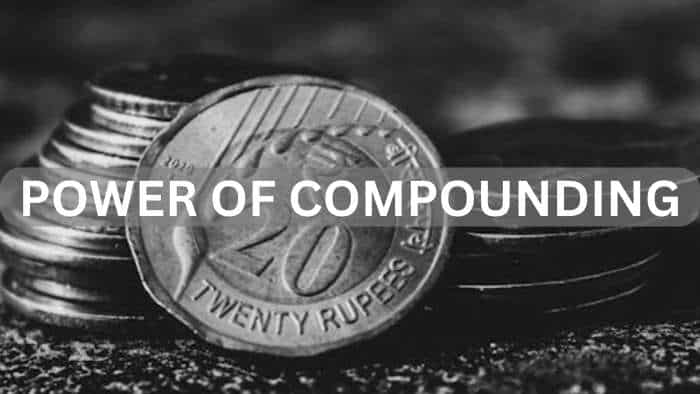
SIP Calculation at 12% Annualised Return: Rs 1,000 monthly SIP for 20 years, Rs 4,000 for 5 years or Rs 10,000 for 2 years, which do you think works best?

UPS vs NPS vs OPS: Last-drawn basic salary Rs 90,000 and pensionable service 27 years? What can be your monthly pension in each scheme?
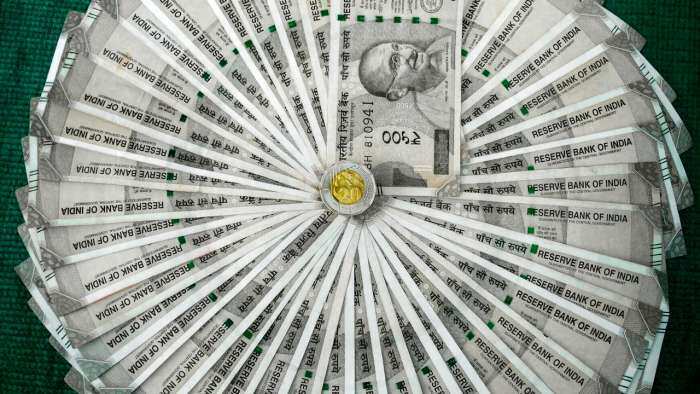
Monthly Pension Calculations: Is your basic pension Rs 26,000, Rs 38,000, or Rs 47,000? Know what can be your total pension as per latest DR rates
05:26 PM IST






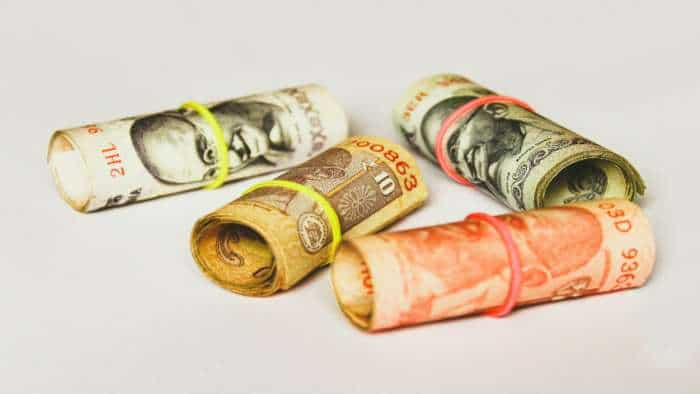
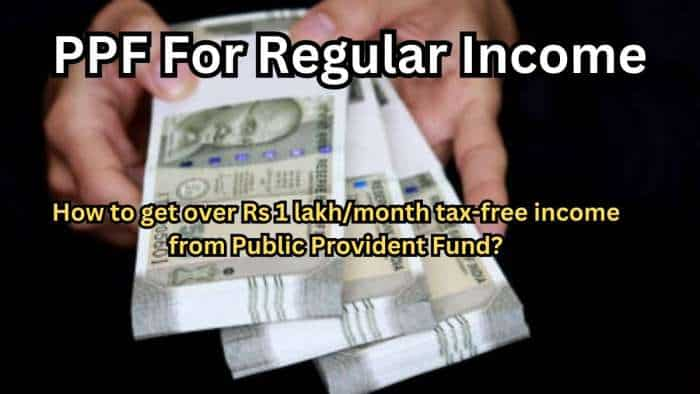
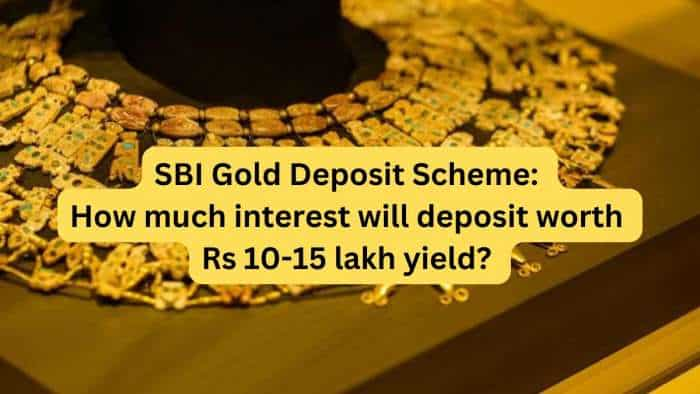
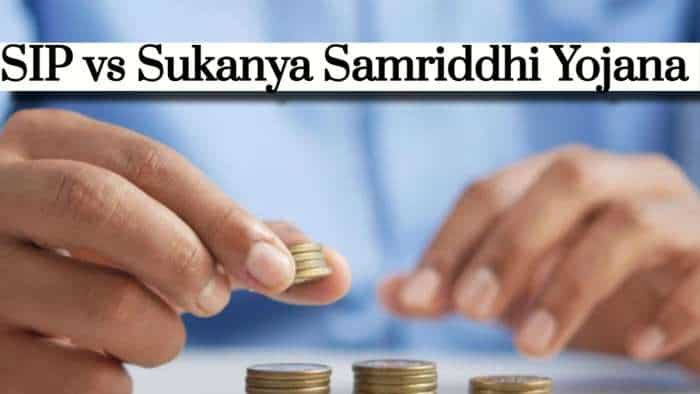

 Hidden charges on SBI ATM cards: Is your money disappearing quietly?
Hidden charges on SBI ATM cards: Is your money disappearing quietly? Latest personal loan interest rates for SBI, PNB, Bank of Baroda, HDFC bank and ICICI bank
Latest personal loan interest rates for SBI, PNB, Bank of Baroda, HDFC bank and ICICI bank 8 post office investment schemes that offer over 7% guaranteed return
8 post office investment schemes that offer over 7% guaranteed return Millennials turning towards new-age investment instrument fractional investing: Report
Millennials turning towards new-age investment instrument fractional investing: Report  Income Tax: How are e-filing and e-payment of taxes different? Know details here
Income Tax: How are e-filing and e-payment of taxes different? Know details here